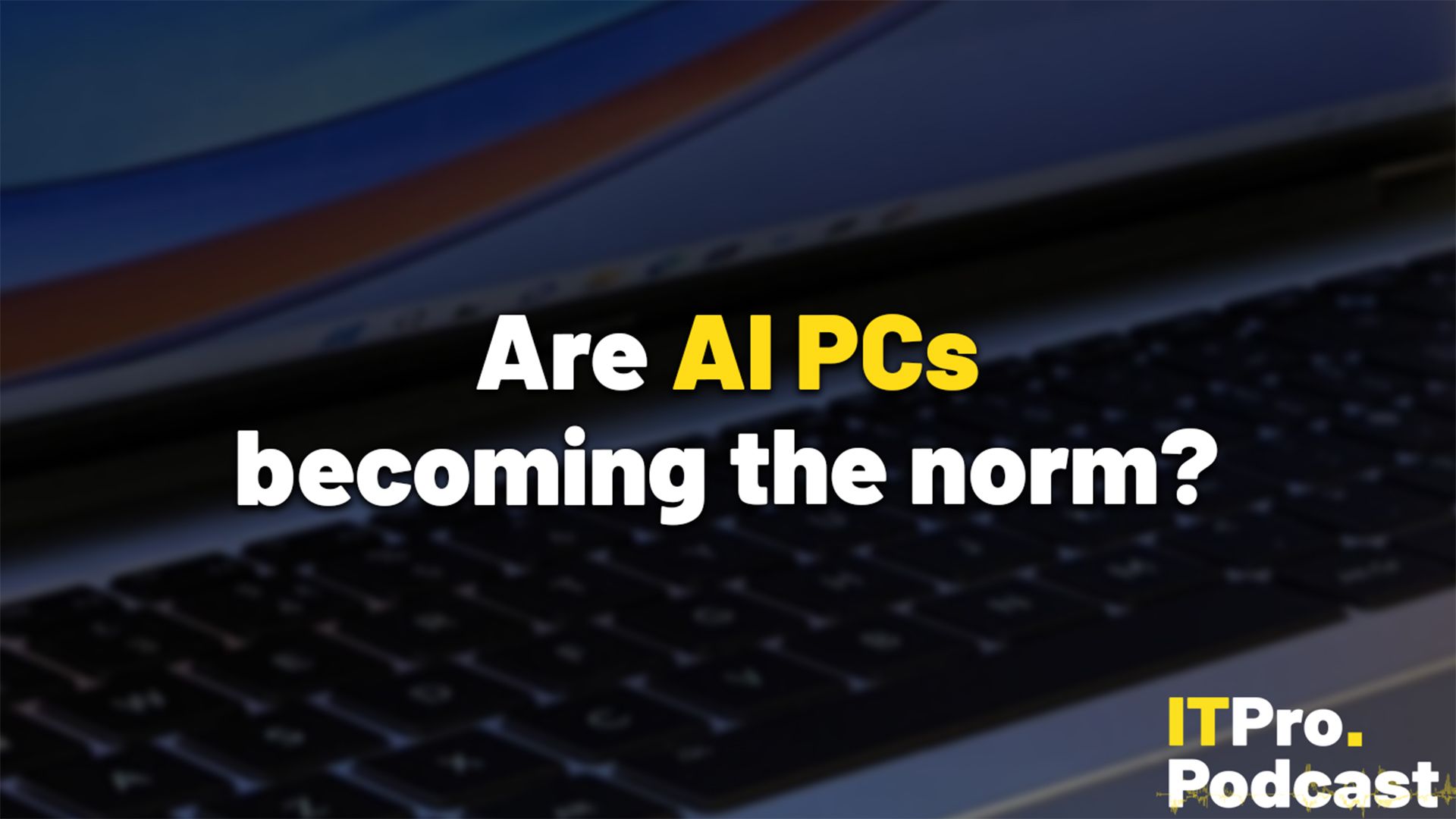
"The rise in popularity of generative AI has been centered largely around cloud AI, with popular chatbots and models accessed via API or dedicated websites. But with the right hardware, AI models can also be run on-device - and PC manufacturers are rushing to fill this niche. AI PCs are quickly becoming the norm for new product lineups, with specialized hardware to run certain AI processes on-device, alongside integrated AI assistant software."
"There are very sound reasons to use the capabilities of an AI PC. So if you think about real time... Salesforce is thinking about, okay, in real time, some of our applications need to be closer to the user, and maybe using some of that real time data. So the latency and the security and the privacy of that data is secured on device."
"So as [business leaders are] looking at buying the next fleet of AI PCs, and the price point differential hasn't been as big as it was maybe at the beginning of the year, memory pricing has come down, which means the overall pricing of those AI PCs has also come down. It makes them more feasible, and they're future proofing."
Generative AI adoption has primarily used cloud-hosted models, but capable hardware enables on-device model execution, prompting PC makers to create AI PCs. AI PCs include specialized hardware like NPUs and integrated assistant software to handle AI workloads at the edge. On-device AI reduces latency and enhances data privacy and security for real-time applications. Most new PCs will include NPUs, shifting the relevant question to what level of AI capability each PC provides. Falling memory prices have narrowed cost differentials, making AI PCs more affordable and appealing for business fleet refreshes.
Read at IT Pro
Unable to calculate read time
Collection
[
|
...
]